-
×
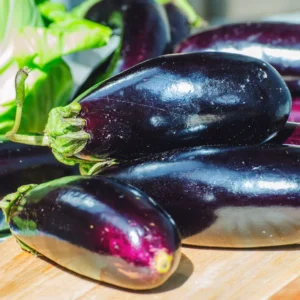 2 Live Purple Eggplant Plants Live, 4 To 6 Inches Tall, Eggplant Starter Plant Pot
$27.99
2 Live Purple Eggplant Plants Live, 4 To 6 Inches Tall, Eggplant Starter Plant Pot
$27.99 -
×
 Chocolate Kalanchoe Plant Live, Kalanchoe Succulent Live Plant, In 2 Inch Pot For Indoor House Plant
$17.99
Chocolate Kalanchoe Plant Live, Kalanchoe Succulent Live Plant, In 2 Inch Pot For Indoor House Plant
$17.99 -
×
 String of Dolphins Plant - 4 Inch Potted | Succulent Houseplant | Drought Tolerant | Indoor/Outdoor Plant
$29.99
String of Dolphins Plant - 4 Inch Potted | Succulent Houseplant | Drought Tolerant | Indoor/Outdoor Plant
$29.99 -
×
 Mexican Petunias Live Plants, Mexican Petunias Live Plants Pink, Mexican Petunia Ruellia 8 Inch Tall, 6 Inch Pot
$25.99
Mexican Petunias Live Plants, Mexican Petunias Live Plants Pink, Mexican Petunia Ruellia 8 Inch Tall, 6 Inch Pot
$25.99 -
×
 Purple Campanula Plant, Campanula Flower Plant 4 Inches Tall In Pot, Fall Flower Plant For Growing
$25.99
Purple Campanula Plant, Campanula Flower Plant 4 Inches Tall In Pot, Fall Flower Plant For Growing
$25.99 -
×
 2 American Elderberry Bushes, 6-12 Inch Tall, Black Elderberry Plants High Yielding, Hardy Fruit Plants
$29.99
2 American Elderberry Bushes, 6-12 Inch Tall, Black Elderberry Plants High Yielding, Hardy Fruit Plants
$29.99 -
×
 Yellow White Honeysuckle Plants Live, Set 2 Fragrant Climbing Honeysuckle Vine, Honeysuckle Bush for Gardens
$36.99
Yellow White Honeysuckle Plants Live, Set 2 Fragrant Climbing Honeysuckle Vine, Honeysuckle Bush for Gardens
$36.99 -
×
 Set of 3 Liriope Muscari Plants Live, Lily Turf Ground Cover, 6 Inch Starter Plants for Landscaping
$24.99
Set of 3 Liriope Muscari Plants Live, Lily Turf Ground Cover, 6 Inch Starter Plants for Landscaping
$24.99 -
×
 American Persimmon Tree Live Plant - 10 to 12 Inch Tall, Persimmon Fruit Tree for Planting, Hardy and Well-Rooted
$29.98
American Persimmon Tree Live Plant - 10 to 12 Inch Tall, Persimmon Fruit Tree for Planting, Hardy and Well-Rooted
$29.98 -
×
 Set 2 Wonderful Pomegranate Tree Live Plant - 6 to 9 Inches Tall, Pomegranate Fruit Tree Plant for Home Garden
$35.98
Set 2 Wonderful Pomegranate Tree Live Plant - 6 to 9 Inches Tall, Pomegranate Fruit Tree Plant for Home Garden
$35.98 -
×
 Set 2 Paw Paw Trees for Planting, Pawpaw Tree Live Plant Seedling in Pot, 2 Plants Per Pot, 6-12 Inc Tall, Dormant, No Leaf, Banana Papaya Like, Asimina Triloba
$56.99
Set 2 Paw Paw Trees for Planting, Pawpaw Tree Live Plant Seedling in Pot, 2 Plants Per Pot, 6-12 Inc Tall, Dormant, No Leaf, Banana Papaya Like, Asimina Triloba
$56.99
2 Lemon Balm Plants Live, Lemon Balm Plants Live, Lemon Balm Plants Live Outdoor, Lemon Balm Plants For Inside Outdise, Easy to Plant
$25.99
Bring aromatic beauty to your garden with these Lemon Balm Plants. Thriving indoors & out, they’re easy to grow & provide lush greenery. Adaptable to zones 4-9, flourishing with minimal care.
Estimated arrival
Dec 18
Dec 23 - Dec 25
Dec 28 - Jan 01
Shipping and return policies: Our 30-Day Plant Health Guarantee covers issues with your plants within the first 30 days. Get in touch with us via email, and our team will review your concerns and, if necessary, provide you with a one-time replacement at no cost.

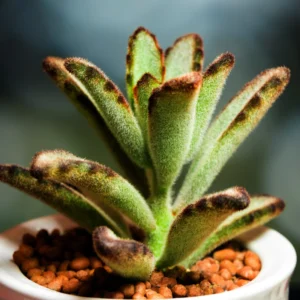 Chocolate Kalanchoe Plant Live, Kalanchoe Succulent Live Plant, In 2 Inch Pot For Indoor House Plant
Chocolate Kalanchoe Plant Live, Kalanchoe Succulent Live Plant, In 2 Inch Pot For Indoor House Plant 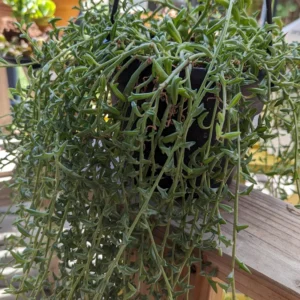 String of Dolphins Plant - 4 Inch Potted | Succulent Houseplant | Drought Tolerant | Indoor/Outdoor Plant
String of Dolphins Plant - 4 Inch Potted | Succulent Houseplant | Drought Tolerant | Indoor/Outdoor Plant 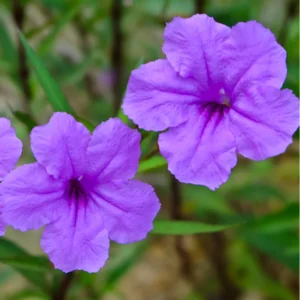 Mexican Petunias Live Plants, Mexican Petunias Live Plants Pink, Mexican Petunia Ruellia 8 Inch Tall, 6 Inch Pot
Mexican Petunias Live Plants, Mexican Petunias Live Plants Pink, Mexican Petunia Ruellia 8 Inch Tall, 6 Inch Pot 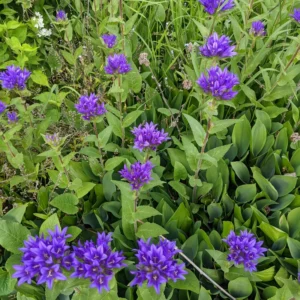 Purple Campanula Plant, Campanula Flower Plant 4 Inches Tall In Pot, Fall Flower Plant For Growing
Purple Campanula Plant, Campanula Flower Plant 4 Inches Tall In Pot, Fall Flower Plant For Growing 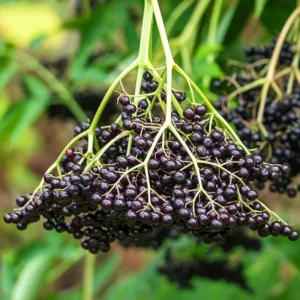 2 American Elderberry Bushes, 6-12 Inch Tall, Black Elderberry Plants High Yielding, Hardy Fruit Plants
2 American Elderberry Bushes, 6-12 Inch Tall, Black Elderberry Plants High Yielding, Hardy Fruit Plants 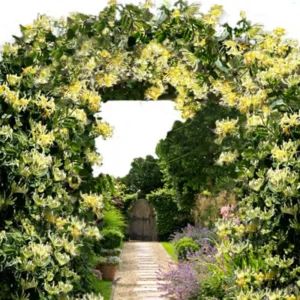 Yellow White Honeysuckle Plants Live, Set 2 Fragrant Climbing Honeysuckle Vine, Honeysuckle Bush for Gardens
Yellow White Honeysuckle Plants Live, Set 2 Fragrant Climbing Honeysuckle Vine, Honeysuckle Bush for Gardens 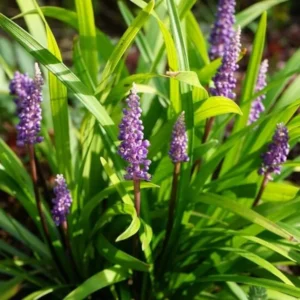 Set of 3 Liriope Muscari Plants Live, Lily Turf Ground Cover, 6 Inch Starter Plants for Landscaping
Set of 3 Liriope Muscari Plants Live, Lily Turf Ground Cover, 6 Inch Starter Plants for Landscaping 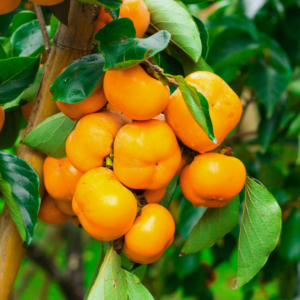 American Persimmon Tree Live Plant - 10 to 12 Inch Tall, Persimmon Fruit Tree for Planting, Hardy and Well-Rooted
American Persimmon Tree Live Plant - 10 to 12 Inch Tall, Persimmon Fruit Tree for Planting, Hardy and Well-Rooted 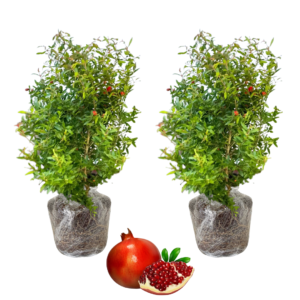 Set 2 Wonderful Pomegranate Tree Live Plant - 6 to 9 Inches Tall, Pomegranate Fruit Tree Plant for Home Garden
Set 2 Wonderful Pomegranate Tree Live Plant - 6 to 9 Inches Tall, Pomegranate Fruit Tree Plant for Home Garden 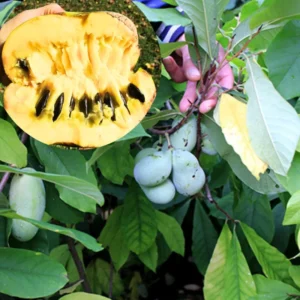 Set 2 Paw Paw Trees for Planting, Pawpaw Tree Live Plant Seedling in Pot, 2 Plants Per Pot, 6-12 Inc Tall, Dormant, No Leaf, Banana Papaya Like, Asimina Triloba
Set 2 Paw Paw Trees for Planting, Pawpaw Tree Live Plant Seedling in Pot, 2 Plants Per Pot, 6-12 Inc Tall, Dormant, No Leaf, Banana Papaya Like, Asimina Triloba 
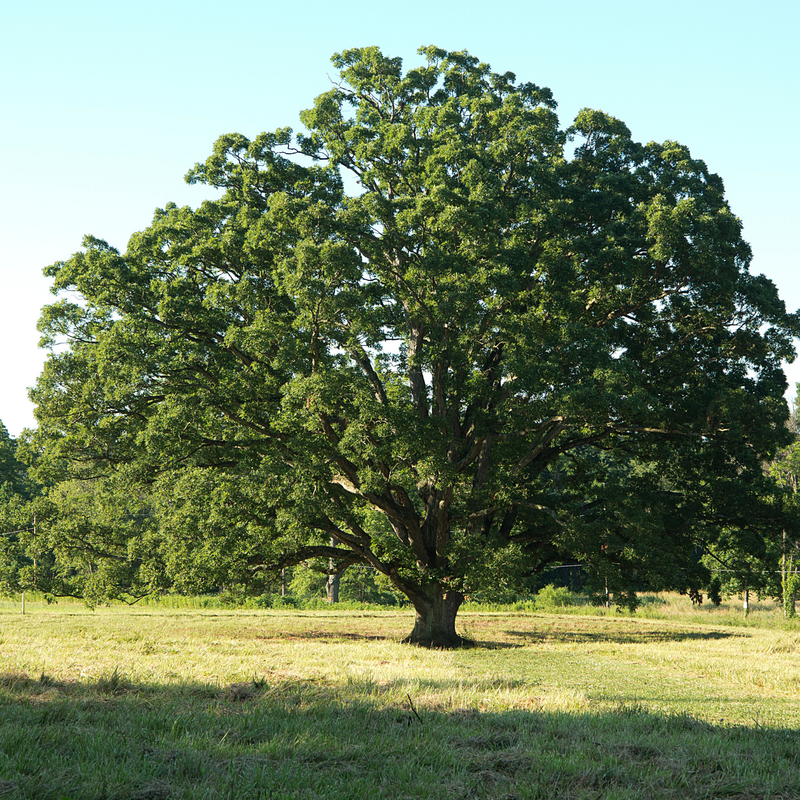

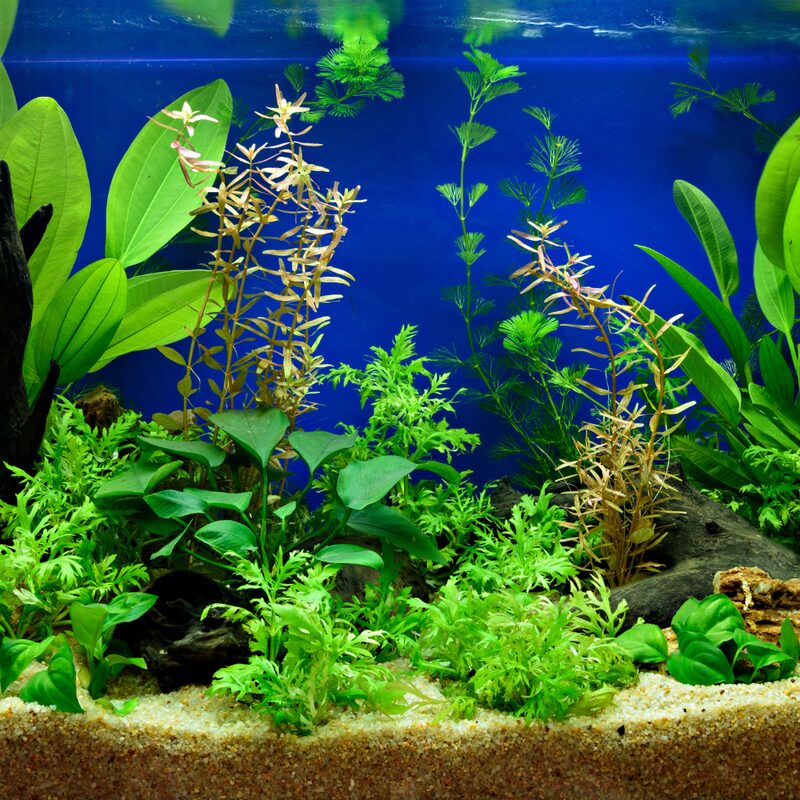





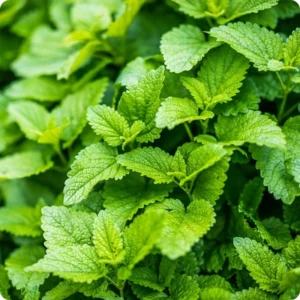






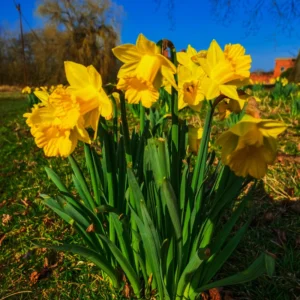
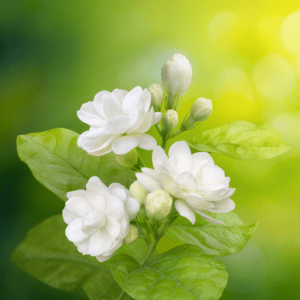

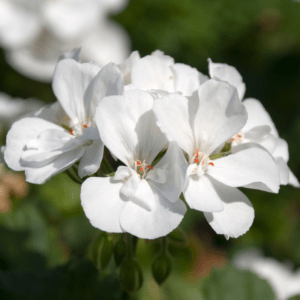

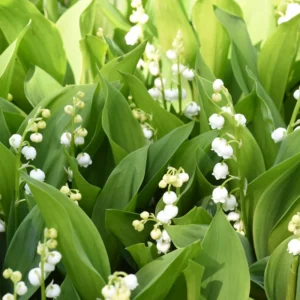
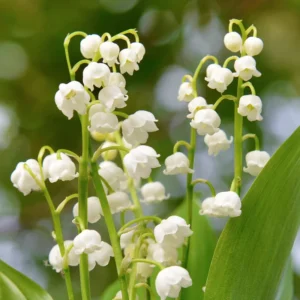
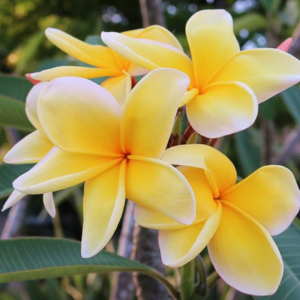
Reviews
There are no reviews yet.